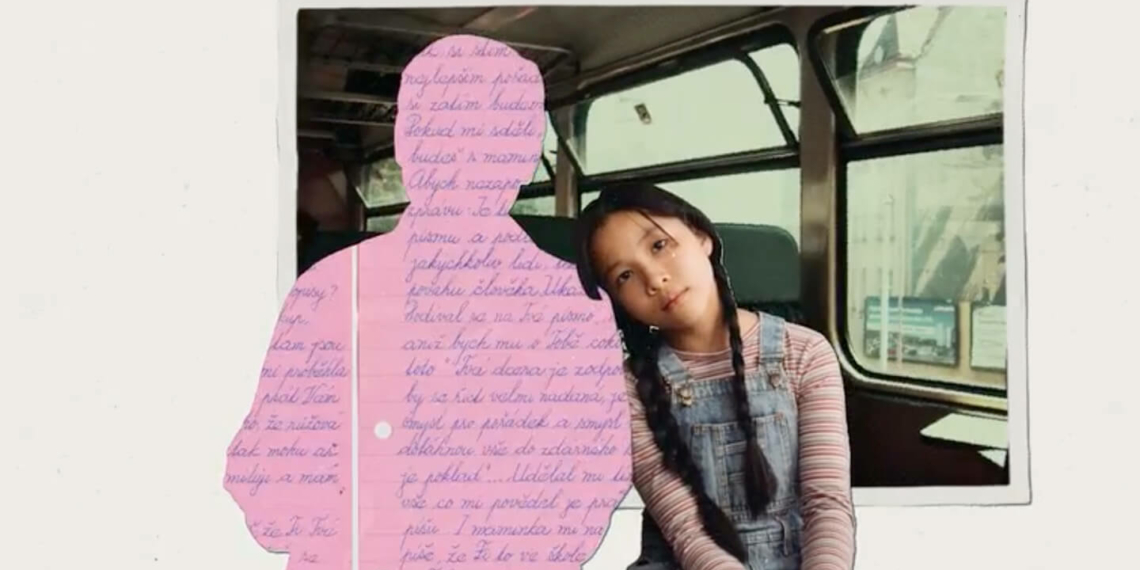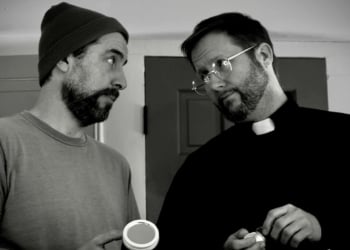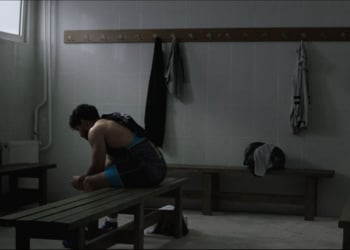Diana Cam Van Nguyen’s 12-minute documentary Love, Dad is an attempt to reconcile the past with the present by an adult daughter who rediscovers her father’s old letters from prison. The film becomes a process of examination, closer to reanimation than reconstruction, of all remaining evidence from the past—letters, photographs, memory—to understand what went wrong.
The first, most important piece of this pursuit are the letters themselves, a year’s worth and wonderfully personal. In the film, they are imbued with motion, displaying their alive nature, teeming with love from the sender and memory of the receiver. Combined with these, Nguyen places photos and actors on screen, and her narration on the voiceover where she reads the letter that she is now writing to the loving, attentive father who lives within the letter. For it is this father who is still communicable: not the man himself but his impression, the hand that put words of love to paper. The other side, the narrator’s side too, reciprocates with words on paper. Everything else is built on this foundation.
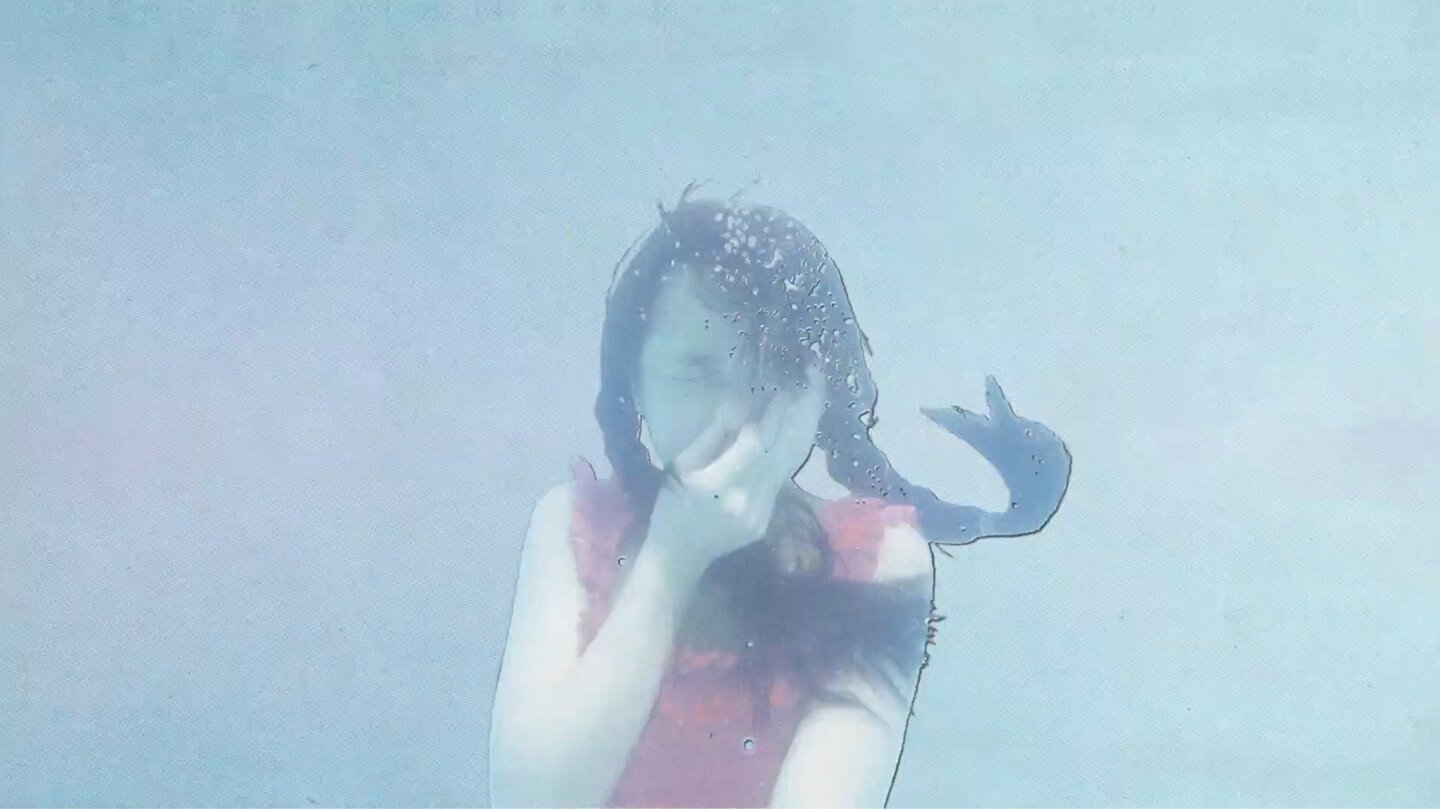
Through this epistolary exercise, the narrator reconciles the relic with the present. The absence is in itself a presence, the most conspicuous presence, certainly if the image and its containing cutout are anything to go by. The father of the letters is the only one who could be receptive towards the minutiae of the narrator’s hurt. The image fragments often; when it splits into claustrophobic multitudes of the narrator, immobility and repetition telegraph a sense of powerlessness in the face of the abandoning father.
In what is already an excursion through imagination, the film takes a further flight as the narrator describes what a possible life as her father’s desired son would look like. Immediately, it turns bitter-comic instead of bittersweet. Everything is marvellously, magically fine, comically so, once the narrator is collaged into heir suitability. Inevitably, it deflates into melancholia. The child’s hurt at her disintegrating family and her possible role in it emerges in its naked form, only to be swiftly replaced by anger. Emotion travels the length of the film in metamorphosing waves.
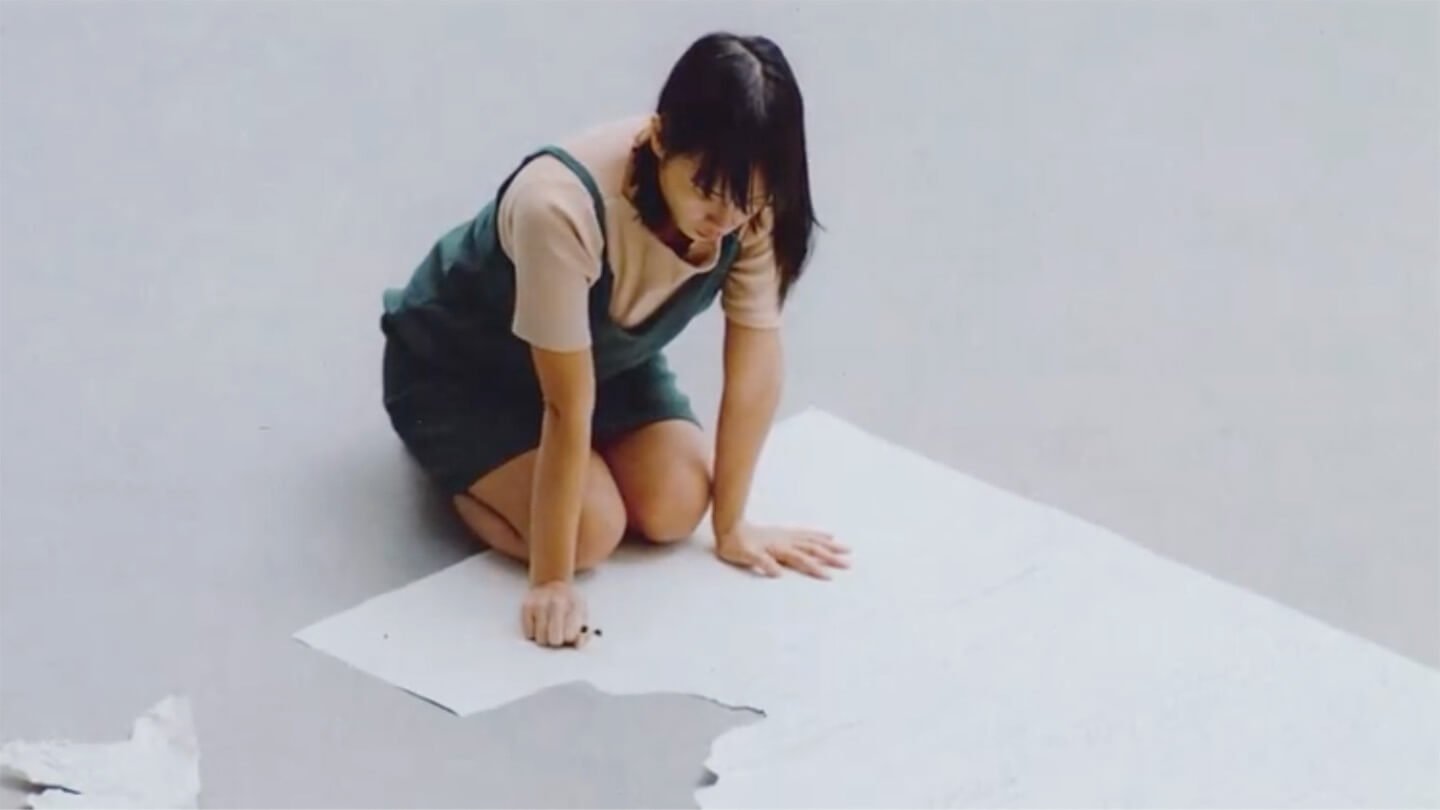
Indeed, this is what the film accomplishes with forceful effect: by its end, it has laid out years’ worth of emotion with precision. Each careful piece is brimming. Burning. Crushing. At the end of it, the narrator has a giant letter and an addressee, but no recipient address.
Watch Love, Dad Documentary Short Film
Love, Dad: Tracing the Disintegration of a Family and the Leaving of a Father
-
Direction
-
Cinematography
-
Screenplay
-
Editing
-
Music


